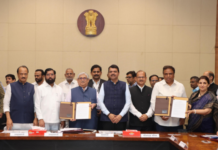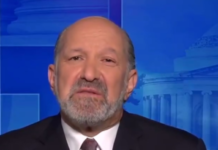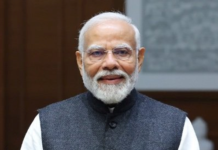New Delhi– The Bharatiya Mazdoor Sangh (BMS) on Thursday expressed its “dissatisfaction” at the Seventh Pay Commission Report’s recommendations, accepted by the government, saying a “huge gap” has been created between the “minimum and maximum wage”.
“A huge gap has been created between the minimum and the maximum wage after the government approved the Seventh Pay Commission Report’s recommendation,” BMS general secretary Virjesh Upadhyay told IANS.
“As per the announcement of the government, the minimum wage is now Rs 18,000 and maximum is Rs 2.5 lakh, but ideally the minimum should have been 1/10th of the maximum,” he added.
“The fitment benefit has been reduced, which is less than the previous Pay Commission recommendations. Even the HRA (House Rent Allowance) has been reduced to 24 per cent which earlier used to be 30 per cent. And many other allowances have been slashed,” he said.
“Even the subjects like promotion policy, assured career progression, and several other things have not been addressed and it is the reason why we are opposing it,” the BMS leader said.
The union cabinet had on Wednesday approved the Seventh Pay Commission Report’s recommendations hiking salaries of central government employees as well as pensions.
Interestingly, the BMS — a pan India conglomerate of labour unions — is affiliated to the Rashtriya Swayamsevak Sangh, the parent body of the ruling Bharatiya Janata Party.
Asked about the BMS’s opposition to Foreign Direct Investment (FDI), Upadhyay said: “We should not analyse FDI from (Finance Minister) Arun Jaitley’s tenure but we should look after it since 1991 when our economy was opened. Since then there are number of studies and analysis which says FDI has not contributed the way it is publicised and propogated.”
Citing the example of former Prime Minister Manmohan Singh, he said: “Manmohan Singh was a great economist and he was the architect of this scheme.. he served as Finance Minister and even as Prime Minister and during his regime there was jobless growth.”
“And if today we say that FDI will create jobs then let somebody come forward and prove it,” he added.
“Then there is also an issue of FDI vs FDO (Foreign Direct Outsource).. the Sekhar Swamy study says, whatever comes, eight times of that it has gone back. So who will say that FDI is beneficial?” he asked. (IANS)






